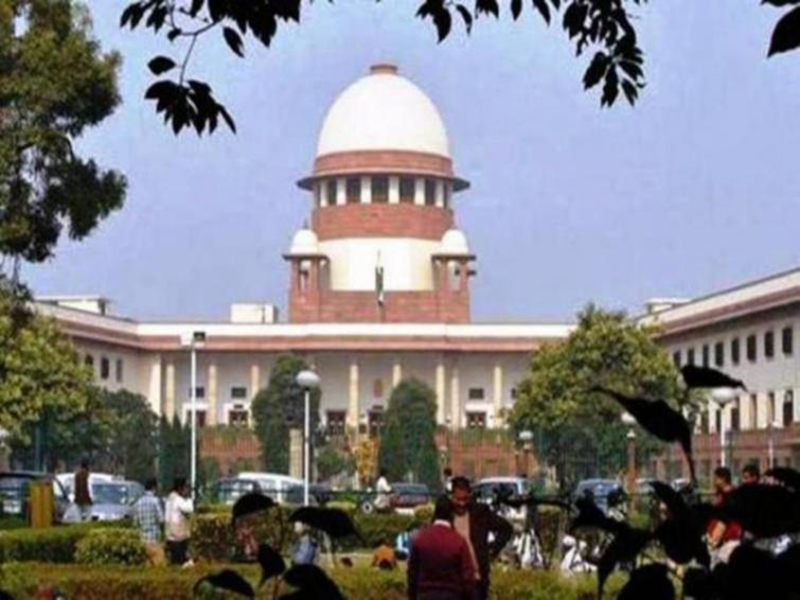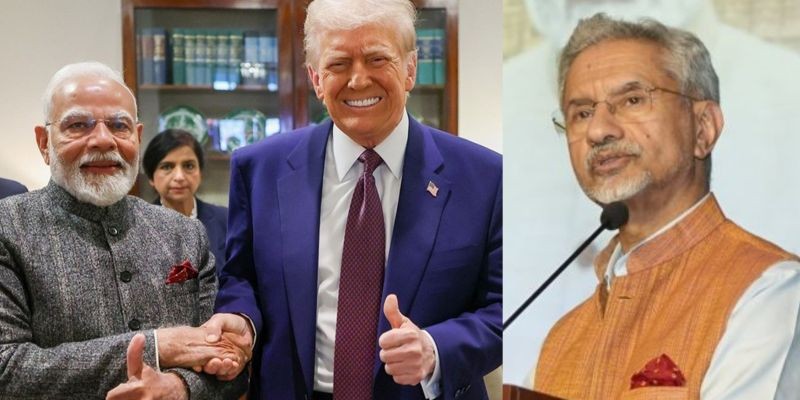Supreme Court reserves verdict in Jallikattu case

New Delhi/UNI: The Supreme Court on Thursday reserved its verdict on a batch of petitions challenging Tamil Nadu and Maharashtra government's laws allowing the bull-taming sport “Jallikattu” and bullock cart races.
A five-judge Constitution bench headed by Justice KM Joseph heard submissions from all petitioners, and respondents -- Centre, Tamil Nadu and Maharashtra governments and others -- and reserved its verdict Thursday.
The Supreme Court heard arguments from senior advocates including Mukul Rohatgi, appearing for Tamil Nadu, and several other counsels representing the intervenors.
The bench, also comprising Justices Ajay Rastogi, Aniruddha Bose, Hrishikesh Roy and CT Ravikumar, asked parties to file a collective compilation of written submissions within a week.
The top court had earlier said the petitions challenging the Prevention of Cruelty to Animals (Tamil Nadu Amendment) Act, 2017 needed to be decided by a larger bench since they involved substantial questions relating to the interpretation of the Constitution.
The bench framed five questions to be adjudicated upon by the larger bench.
The petitions, including one filed by animal rights body PETA, have challenged the state law that allowed the bull-taming sport in Tamil Nadu.
Senior advocate Siddharth Luthra, for the petitioners, said "a mere activity does not give a fundamental right status because of an assertion". He said there was no material to justify jallikattu as a part of culture.
He referred to how practices like Sati, dowry, widow re-marriage, child marriage, etc, were once recognised as part of the culture and stopped through legislation.
The Supreme Court on Nov 24 started hearing the pleas challenging Tamil Nadu and Maharashtra government's laws.
Tamil Nadu government in its affidavit stated that Jallikattu is “not merely an act of entertainment or amusement but an event with great historic, cultural and religious value."
Jallikattu is conducted during the Pongal festival as thanksgiving for a good harvest and subsequent festivals are conducted in temples which shows that that the event has great cultural and spiritual significance, it added.




